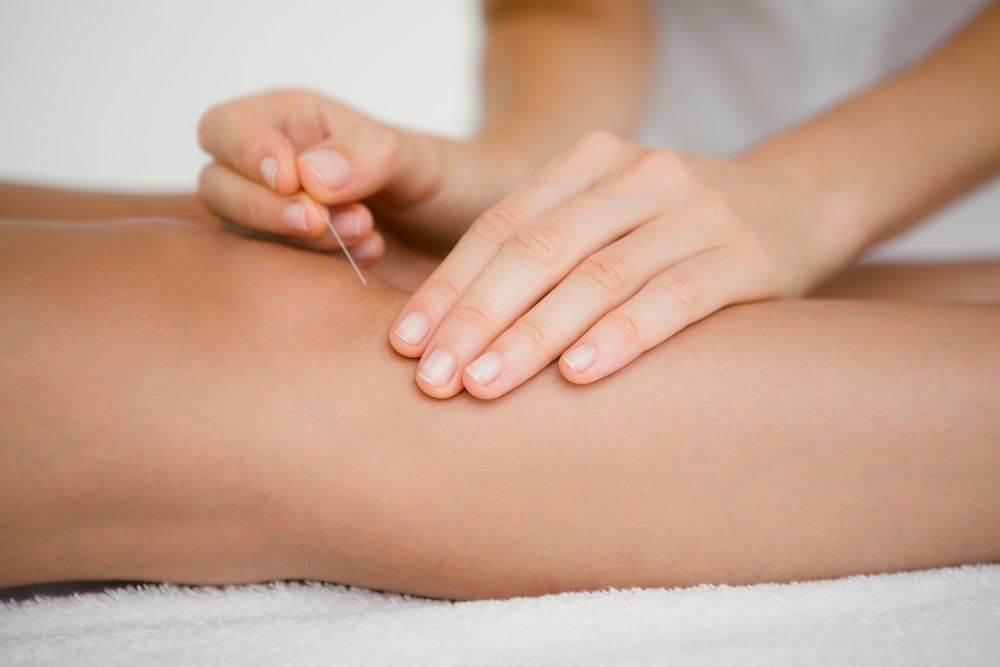Dry Needling Adelaide
Goodwood, Millswood, Unley, Wayville & Clarence Park
What is Dry Needling?
Dry Needling is a treatment technique used in Western medicine that has evolved from more traditional Acupuncture. It describes the use of solid filament needles (acupuncture type) that are inserted into the skin, muscles or ligaments to stimulate a local tissue response.
A number of our Physiotherapists are highly experienced in the use of dry needling as a treatment technique and may use needling to address a range of presentations including;
-
muscle tension areas known as myofascial trigger points
-
to assist joint or muscle swelling
-
to assist pain relief
-
to assist muscle relaxation
Dry needling differs to traditional acupuncture as it targets specific musculoskeletal structures, very commonly the myofascial trigger points, rather than treating along the principles of traditional Chinese medicine.
What conditions can dry needling treat?
In our practice we most commonly use Dry Needling in conjunction with other Physiotherapy treatment modalities such as; massage, joint mobilisations, stretches or strengthening exercises.
It can be used to assist a range of conditions including back pain, neck pain, headaches, muscle/tendon conditions (e.g. tennis elbow, ITB friction syndrome) or joint swelling (e.g. ankle or knee).
The mode by which Dry Needling works may be through a range of physiological processes, but in the instance of addressing muscle tightness, it is thought that by stimulating the trigger point and causing a “twitch response” or localised muscle contraction, the shortened and hypertonic muscle reduces its tone, relaxes more effectively and can result in reduced pain or tension.
Are there any side effects or risks?
When performed by trained therapists who have adequately assess the patient’s suitability to receive needling, the treatment modality is very safe. However, as with any treatment, side effects are possible and minor side effects can include increased pain, local bleeding or bruising, post treatment drowsiness, fainting, nausea and dizziness. More serious complications are very rare and can be explained by your therapist.
Want to know more?
If you would like to discuss Dry Needling in more detail with one of therapists, or to find out if Dry Needling could assist your condition please speak to your physio or one our admin team.
Call the clinic today on 8357 0418 to book your appointment

